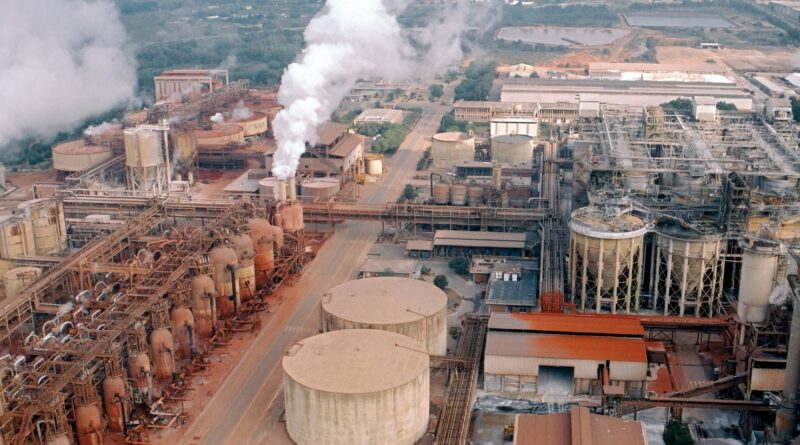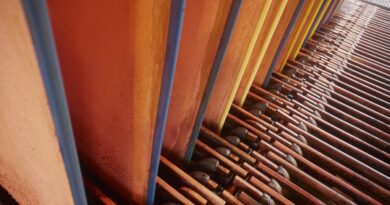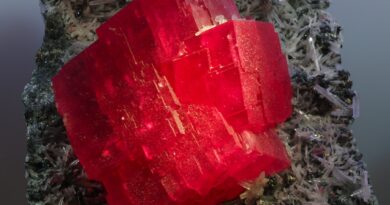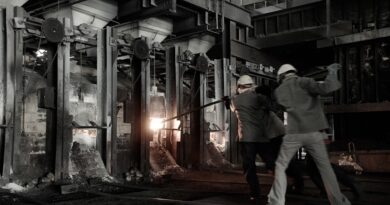Prospects of greenfield alumina plants in Africa
Guinea’s Fria alumina refinery was started in 1960 by Aluminium Pechiney, France followed by Reynolds Company and then Rusal since 2008. This is the only alumina refinery in the whole of Africa. The management of the Alumina Company of Guinea (Friguia Refinery) was taken over by RUSAL for 22 years in 2002.
The estimated capacity of this refinery is 700,000 tonnes of alumina and 3 million tonnes of bauxite per annum. However, at present, this plant is producing less than 300,000 tons of low-quality alumina per annum. The refinery’s infrastructure includes a 160 km long railway network used for the transportation of products, raw materials and fuel.
In 2012, the refinery had stopped production due to high operating costs and local issues. However, in 2018 the refinery was again revived by RUSAL and presently running at a capacity of about 280,000 tonnes per annum.
It is time for Guinea to reap the benefit of the large bauxite mining industry and add value in the country, similar to Indonesia, where bauxite export is allowed along with the setting up of alumina plants.
Several companies, operating in Guinea have signed contracts to construct refineries – subject to feasibility studies − to accompany their mining developments. Yet none of them made a real effort to deliver an integrated project, despite the government offering a strong financial incentive.
While the state takes a minimum share of 15% in mining-only developments, this falls to a mere 5% for integrated projects, enabling firms to retain a bigger slice of the profits. However, this inducement has been unable to outweigh companies’ concerns over the lack of skilled workers and energy sources locally to power refineries.
Large Chinese companies operating in Guinea are the most likely candidates for delivering an integrated project. With China placing more importance on securing mineral supplies for the next few decades rather than short-term profitability, these firms have a distinct advantage.
Moreover, growing concern about the environment and pollution in China is encouraging Beijing to consider building more refineries abroad. Transforming the bauxite into alumina in Guinea would drastically improve the economics and technical development in this west African country. This will also cut down the shipping costs and provide much-needed developments in Guinea.




